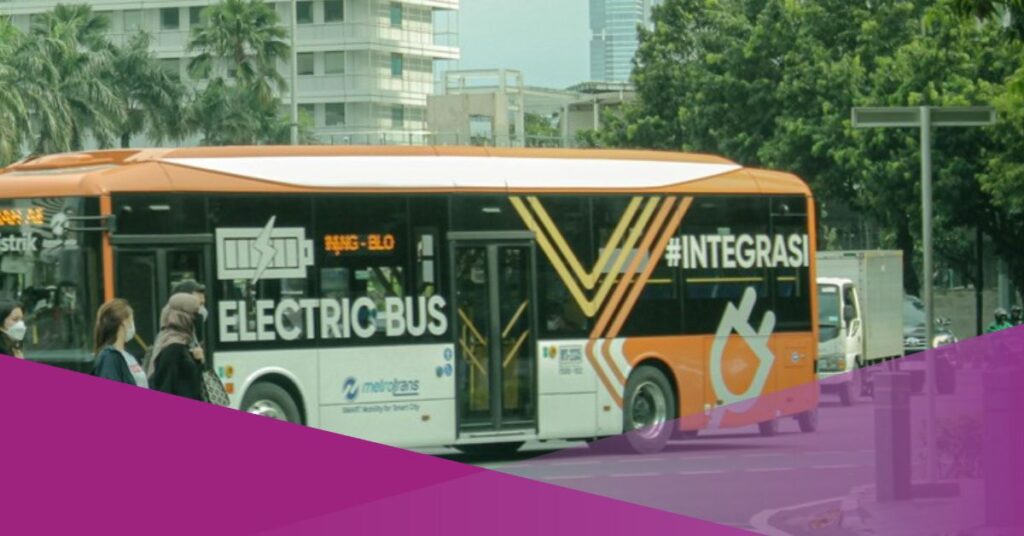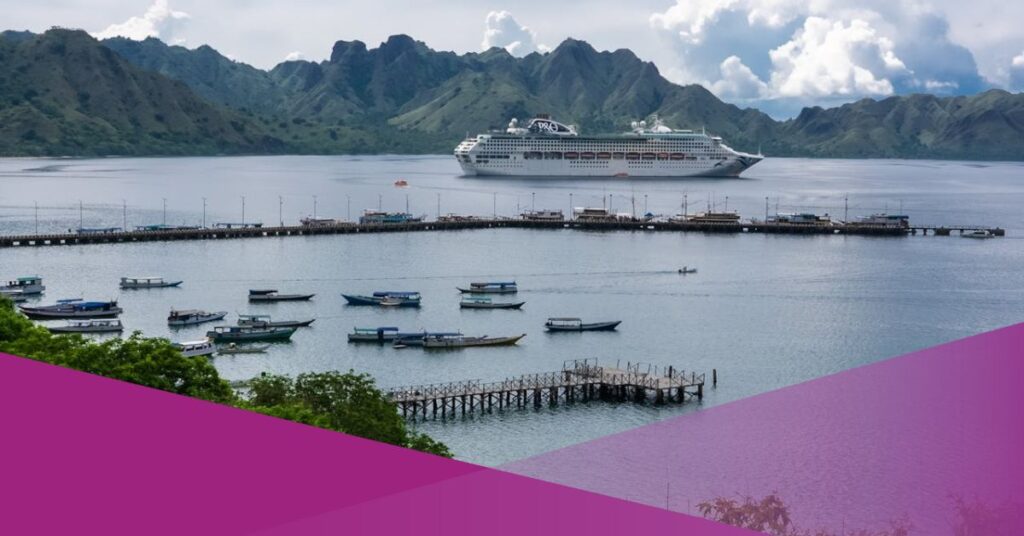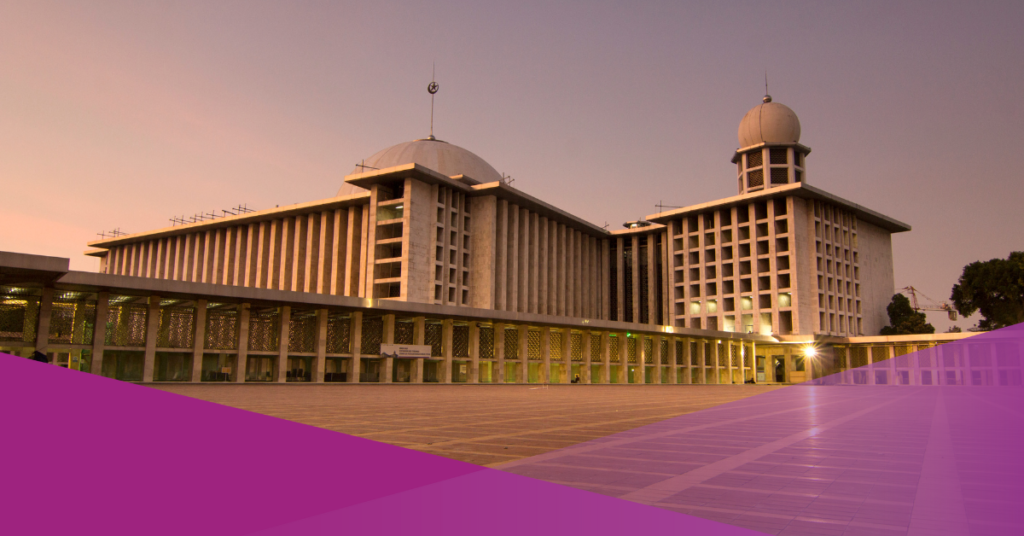After initiating LRT to unravel congestion in the Bali area, there is another public transportation in Bali, namely electric bus.
The Bali government plans to hold an electric Bus Rapid Transit (eBRT) mass transportation mode or electric bus. The bus, projected to operate in 2025, will use a particular lane like TransJakarta.
The head of Bina Marga of the Bali Provincial Government Public Works (PUPRKIM) Office, Dewa Ayu Puspa Dewi, said this route results from a pre-feasibility study or feasibility test of the electric bus project. The bus will operate with two corridors, namely from north to south and west to east.
Electric-based public vehicles will operate like buses on roads without special lanes. However, the city’s electric buses will still get priority.
According to Puspa Dewi, several roads have been identified as priority lanes for the electric buses. These include Jalan Sulawesi, Jalan Matahari Terbit, Jalan Bukit Tunggal, and Jalan Raya Kerobokan to Jalan Kampus Unud, among others. These roads will provide a dedicated and efficient route for the electric buses.
Meanwhile, bus-only lanes such as TransJakarta are likely to be on roads such as Ngurah Rai Bypass, Jalan Teuku Umar, Imam Bonjol, Jalan Diponegoro, Jalan Sudirman, and Jalan Raya Puputan.
“The ones with mixed traffic (buses and other vehicles together) are those on Jalan Tangkuban Perahu, Mertanadi, and Hang Tuah,” she told DetikBali.
The electric bus will be using smart technology
The head of the Bali Transportation Agency, IGW Samsi Gunarta, said the electric bus will be equipped with smart technology that can provide prospective bus users with certainty regarding travel time and arrival hours.
According to Samsi, to ensure the timeliness and speed of eBRT, the vehicle must avoid obstacles on the road so that special lanes and priority lanes are needed.
“Buses must maintain an average speed from route to route; with the limited infrastructure that we can build, we inevitably have to use existing roads and require engineering,” he said.































